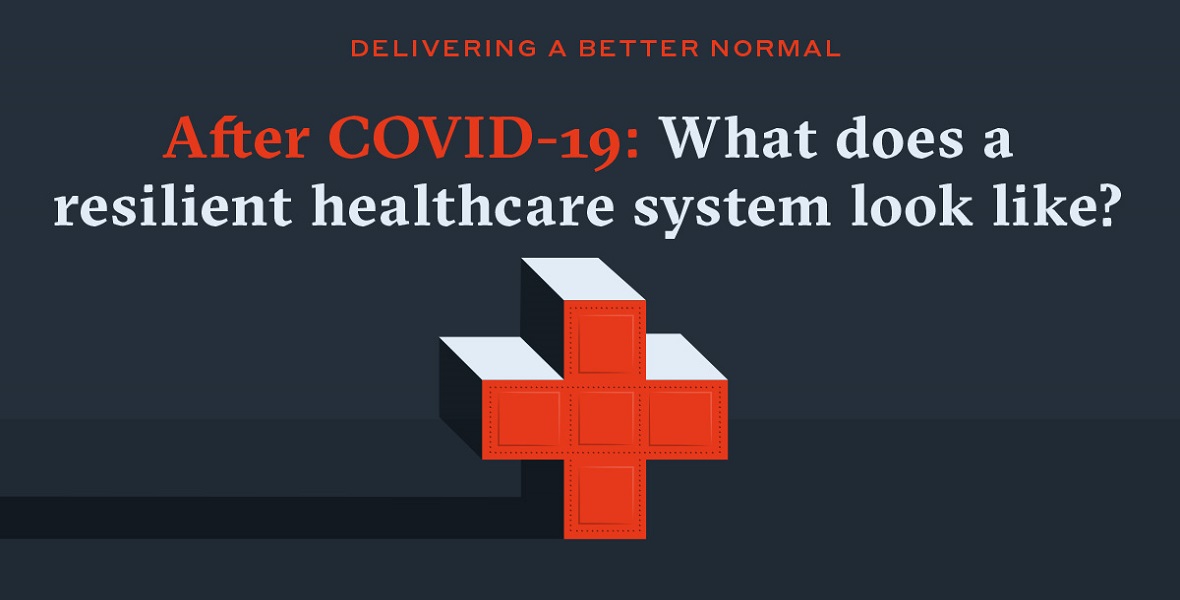
@ShahidNShah


Most fundamentally, COVID has reinforced the fact that healthcare is a system and that it will only ever be as resilient as each of its components, however minor a role they may seem to play. Flexibility and agility are essential components of resilience, but these are often value-engineered out of systems optimized for efficiency and minimum cost. If we are to be better prepared in the future, we may need to reconsider our notions of “value” and the potential consequences of leaving so little room for manoeuvre.
The pandemic presents a more fundamental challenge to this conventional approach to crises, points out Michael Pietrzkiewicz: “A lot of disaster planning is based on having a shelter to protect people from the elements, where we can provide services in one place. But with COVID, we found that we couldn’t mass people together because that’s the way the virus spreads.”
Continue reading at sp.com
The COVID-19 pandemic has brought the home healthcare industry to a crossroads. More older adults are comfortable with mobile devices and smart technologies that help them safely age in place. …
Connecting innovation decision makers to authoritative information, institutions, people and insights.
Medigy accurately delivers healthcare and technology information, news and insight from around the world.
Medigy surfaces the world's best crowdsourced health tech offerings with social interactions and peer reviews.
© 2025 Netspective Foundation, Inc. All Rights Reserved.
Built on Apr 25, 2025 at 12:44pm